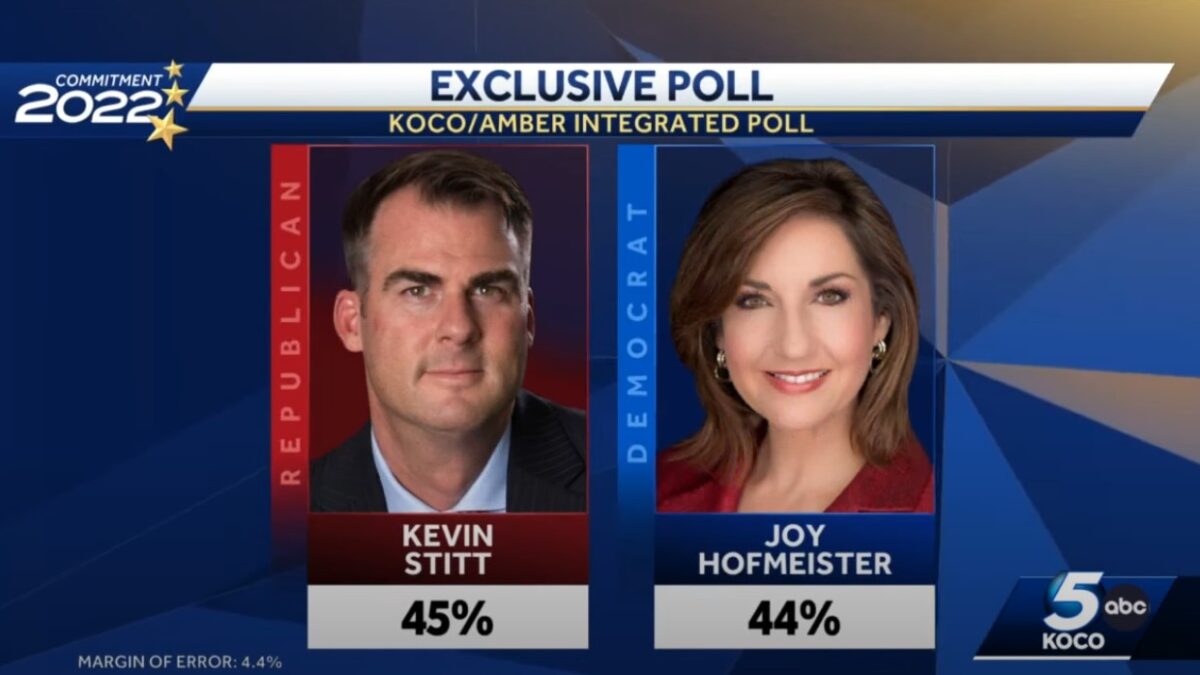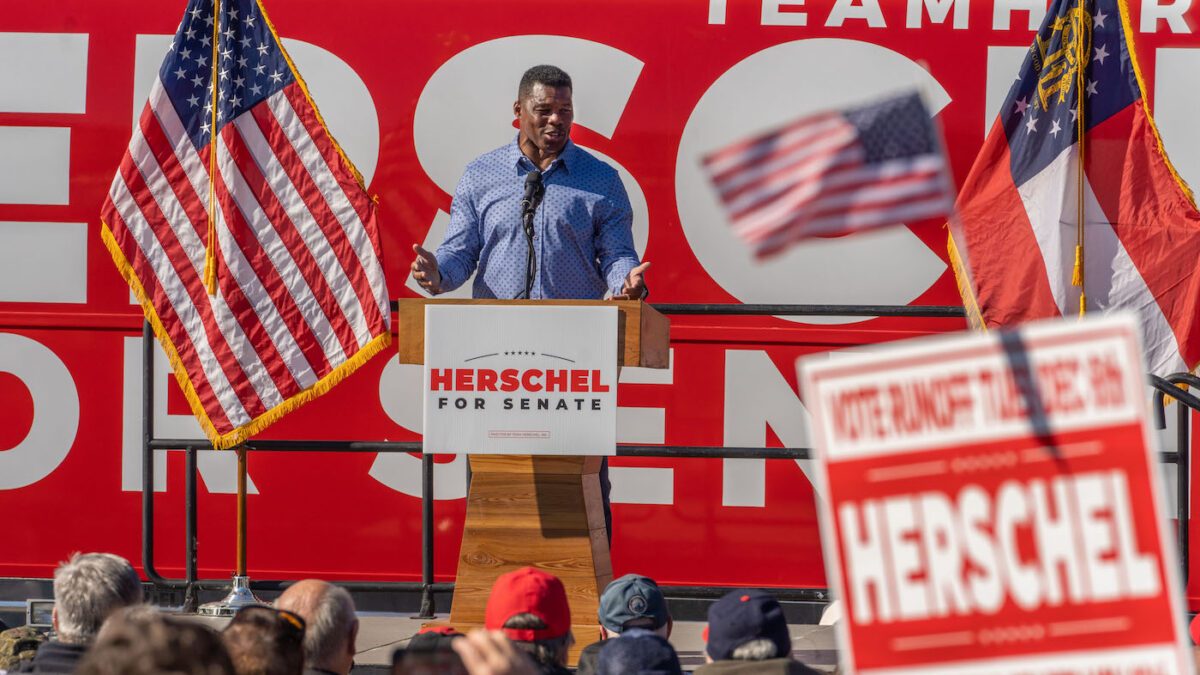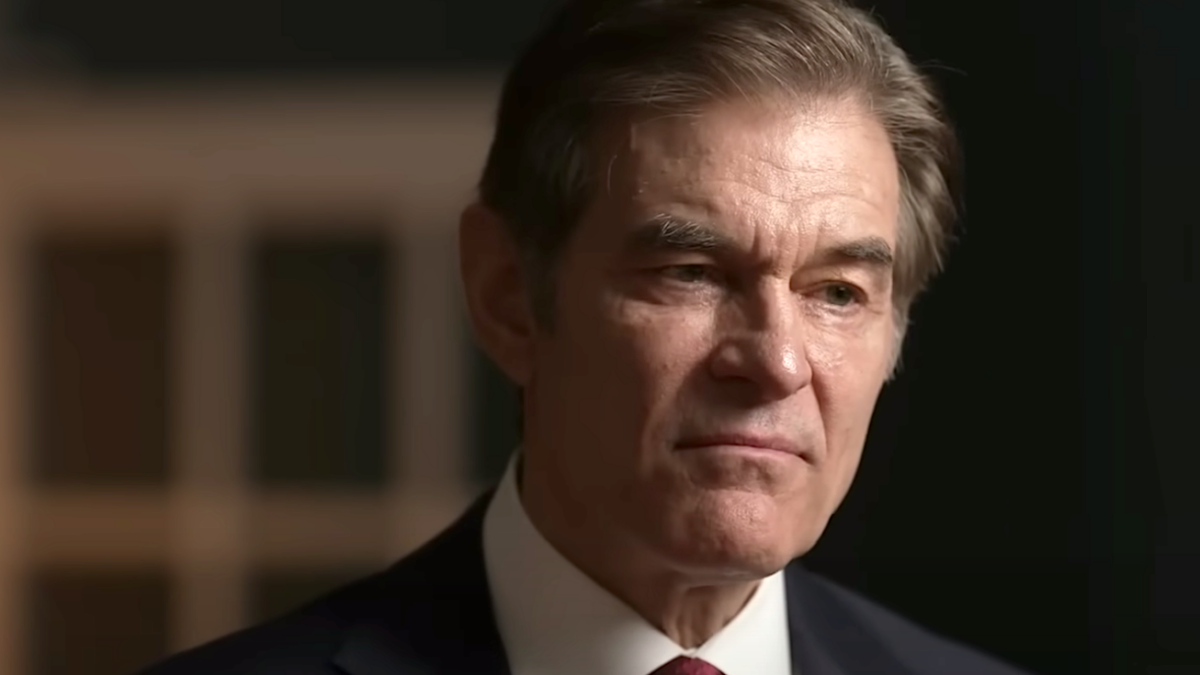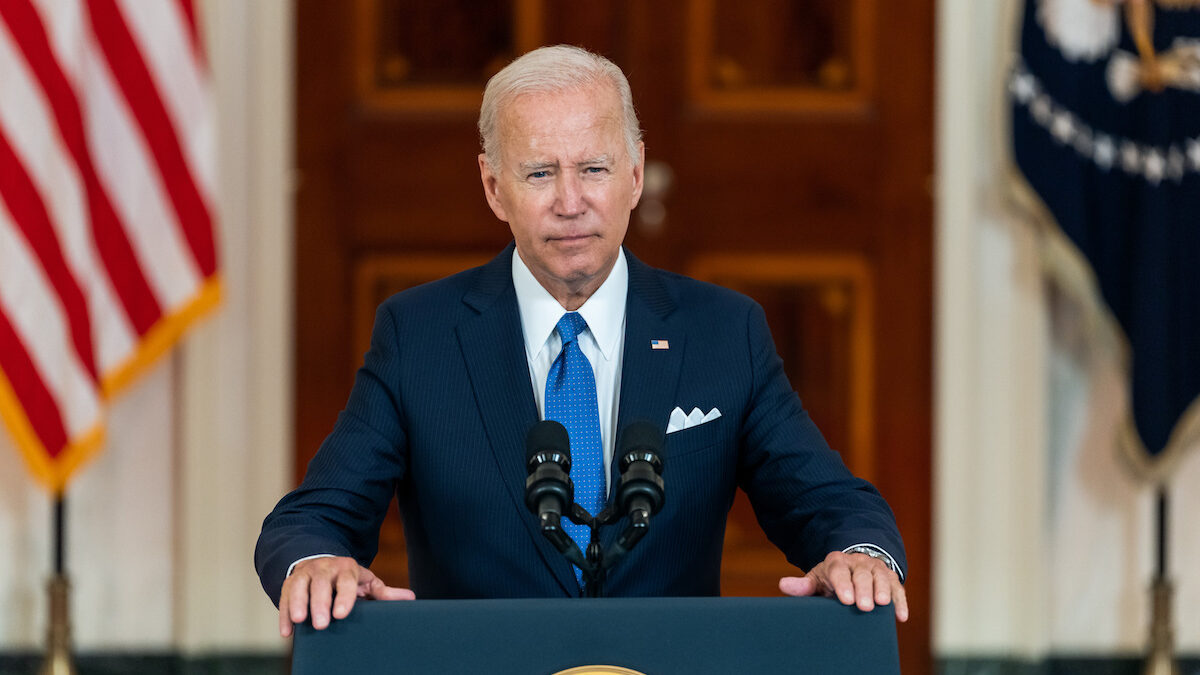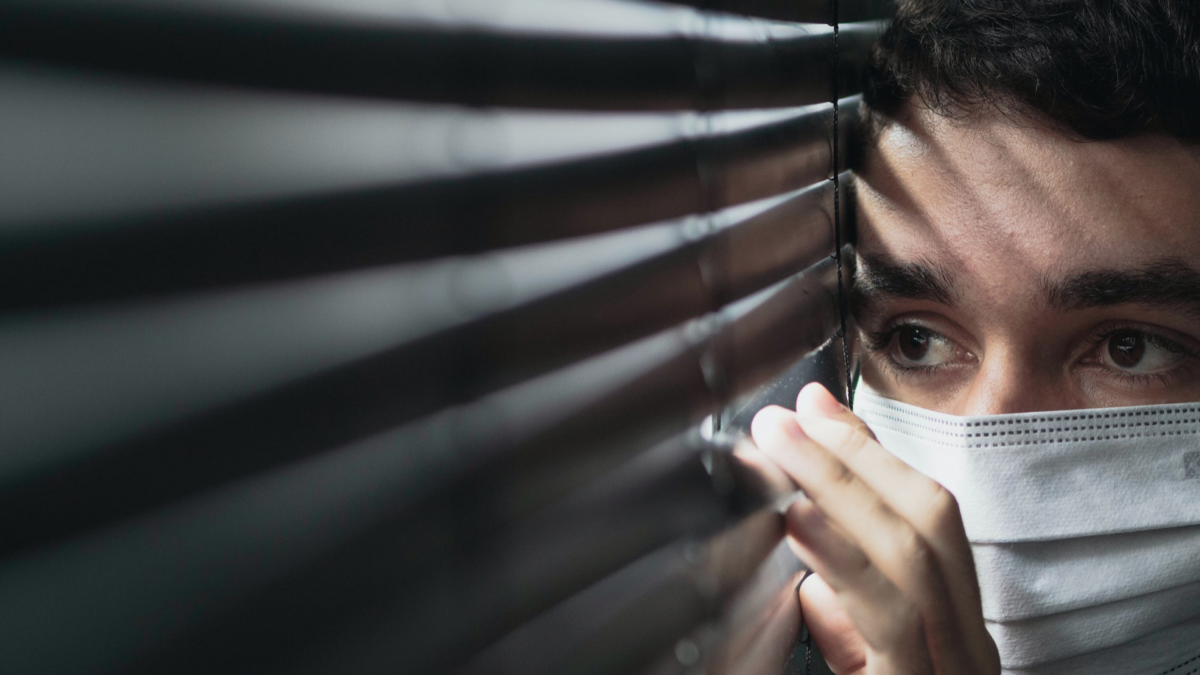On his show this week, Dan Bongino remarked that Oklahoma is “a blood-red state full of patriotic, God-fearing, gun-loving Americans” that could potentially come under the control of the Democratic Party. He asked, “How in Hades is liberal Democrat lunatic Joy Hofmeister in Oklahoma even close to the Republican governor there?” Blue state refugees like myself wonder the same thing.
This May, my family and I moved from Portland, Oregon, to a small town outside Oklahoma City after helplessly watching the destruction of our beloved hometown. Democratic lawmakers did nothing to stop the skyrocketing crime and homelessness while encouraging the woke indoctrination of school children, senseless mask mandates, and vaccine requirements. Along with many other Oregonians, these convinced our family to escape.
Oklahoma appeared to be the reddest state in the nation, considering its strict abortion laws, robust Second Amendment protections, and massive support for President Trump in the 2020 presidential election. But upon our arrival to the Sooner State, we observed a lack of concern from voters who assume that Oklahoma will remain a conservative bastion regardless of whether they vote. In fact, many Oklahomans are unaware that their state is dangerously close to electing a Democrat governor. Oklahoma Democrats are cashing in on Republican complacency.
While Republican candidates in deep-blue states such as Oregon and New York appear to be taking the lead in gubernatorial races, recent polls show an uncomfortably tight race in Oklahoma between Democrat gubernatorial candidate Joy Hofmeister and Republican Gov. Kevin Stitt. Although Oklahoma’s population has traditionally leaned to the right, millions of dollars in dark money pouring into the state coupled with apathetic voters may result in dismal outcomes for Republicans during next week’s midterm elections.
Benefiting from Tribal Support and Dark Money
Hofmeister, who changed her political affiliation in 2021 from Republican to Democrat, has enjoyed support from Oklahoma school boards, district superintendents, and an endorsement by the National Education Association. Additionally, the five largest tribes in Oklahoma endorsed Hofmeister over Stitt after a 2019 dispute in which Stitt attempted to renegotiate the percentage of casino earnings the tribes pay as part of the Exclusivity Agreement. Tribal leaders disagreed, and an expensive legal fight ensued. Ultimately, a federal court sided with the tribes.
However, Hofmeister’s largest support comes in the form of dark money. Stitt said during the Red Wave Rally in Oklahoma City this week that between $25 million and $50 million in dark money has been spent by special interest groups for attack ads against him. Kyle Loveless, chief operating officer of SoonerPoll, told the Oklahoman, “I think it’s undeniable the effect it has had on Stitt” regarding the effect these donations have had on the race. Stitt’s campaign believes he has been “the target of more ‘dark money spending than any other gubernatorial candidate in the nation.” As a result, Stitt donated $985,000 of his own money last weekend to his own campaign.
Apathetic Republicans Are a Boon to Democrats
Perhaps more concerning than dark money contributions for mud-slinging ads against Stitt is voter apathy. The Los Angeles Times reported that voter turnout soared nationally during the 2018 midterm elections to the “highest level in more than a century” and that “[t]his year’s balloting seems on track to repeat — and perhaps beat — that level, judging by the size of the early vote so far, the turnout for special elections this summer and the level of interest that voters express in polls.” But despite record turnout in other states, Oklahoma had the nation’s lowest overall voter participation during the 2020 general election. Only about a quarter of registered Republicans voted in the August primaries, and only 10 percent of registered Democrats turned out.
University of Oklahoma political science professor Keith Gaddie said that voting or registering to vote is not particularly difficult in Oklahoma, but that “[t]here is a segment of the American public, maybe 25% or 30%, that is disinterested, cynical, not engaged … they’re just not going to do it,” referring to voting.
Voter apathy is somewhat understandable, considering Americans’ widespread mistrust of the electoral system based upon reports of election irregularities and illegal voting across the country. According to a Rasmussen Reports survey, 52 percent of voters say it is likely that “cheating affected the outcome of the 2020 presidential election.”
However, University of Oklahoma professor and public policy expert David Blatt blames the state of Oklahoma for not doing enough to encourage citizens to vote, explaining that “[s]ome of that is probably because we’re an uncompetitive, one-party state.” That uncompetitive, one-party mentality may prove debilitating to Republicans on Nov. 8.
Voter disinterest coupled with dark money in support of determined Democratic candidates could usher in a series of changes that set Oklahoma on the path to looking like Oregon if Republicans don’t show up to the polls next week.
